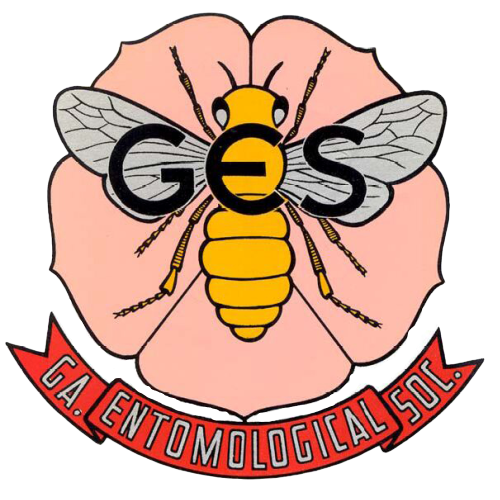Ovicidal Activity of Sulfuryl Fluoride to Anobiid and Lyctid Beetle Eggs of Various Ages2
Fumigation with sulfuryl fluoride (Vikane® Gas Fumigant)2 is often used to control structural infestations by anobiid and true powderpost beetles that are widespread or inaccessible to insecticidal surface treatments. Beetle eggs show a wide range of tolerance to sulfuryl fluoride that varies with the age of eggs making them the limiting factor for control. To study dosage requirements for eggs, ovicidal activity tests of sulfuryl fluoride were done by exposing 1- to 7-day-old anobiid, Euvrilletta peltata (Harris) and lyctid, Lyctus brunneus (Stephens), eggs respectively, during tent fumigations of a house. Fumigations resulting in mg-h/liter accumulations of 470 and 289, 5.2 and 3.2 times the drywood termite dosage of 90 mg-h/liter for 22.2°C, permitted some survival and subsequent hatching of lyctid eggs aged 1 and 2 days, with the latter being most tolerant. All other ages of eggs were susceptible to these dosages. At the 3.2-fold rate, the mean survival for eggs of all ages was 11.6%, but 70.2% of the 2-day-old eggs survived. At the 5.2-fold rate, only 3.9% of the eggs survived, primarily due to 24.7% survival of 2-day-old eggs. No differeences were observed between 289 and 470 mg-h/liter dosages for anobiid beetle eggs; the least susceptible apparently were eggs aged 2 to 4 days old. Additional studies are recommended to better define effective rates for controlling eggs of these beetles with reduced levels of gas. To aid logistics, such studies could be confined to the ovicidal activity of 6-fold and lower dosages on the most tolerant ages of eggs.
Contributor Notes
2Mention of a company or trade name is for identification purposes only and does not imply endorsement by the U.S. Department of Agriculture.
This publication reports research involving pesticides. It does not contain recommendations for their use, nor does it imply that the uses discussed have been registered. All pesticides must be registered by appropriate State and/or Federal agencies before they can be used.
CAUTION: Pesticides can be injurious to humans, domestic animals, desirable plants, and fish or other wildlife, if they are not handled or applied properly. Use all pesticides selectively and carefully. Follow recommended practices for the disposal of surplus pesticides and pesticide containers.
3Field Technical Service and Development Specialist, Agricultural Products, DowElanco, Atlanta, GA 30346
